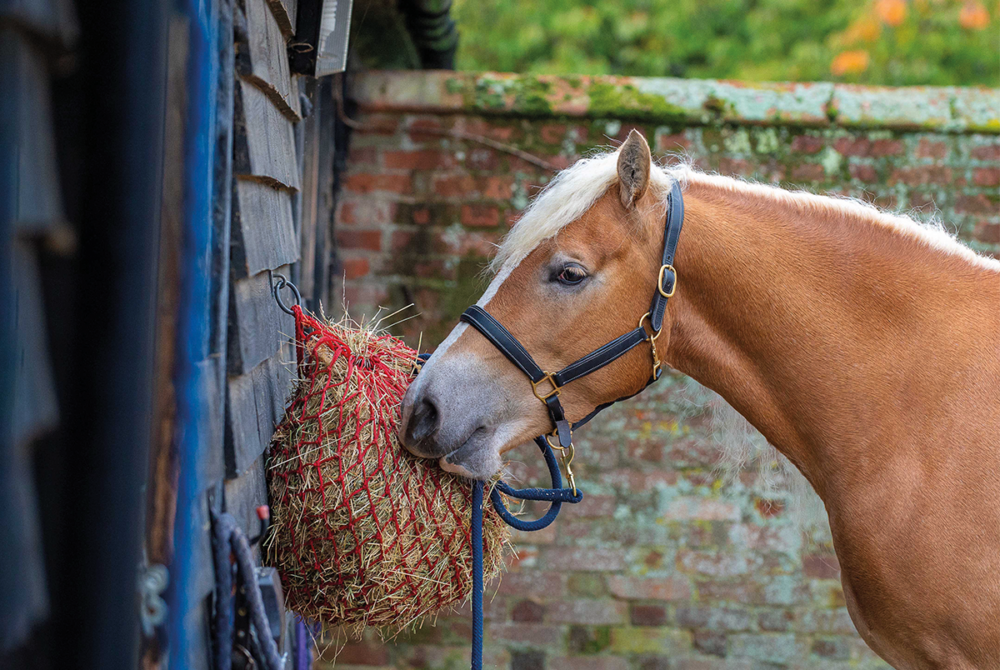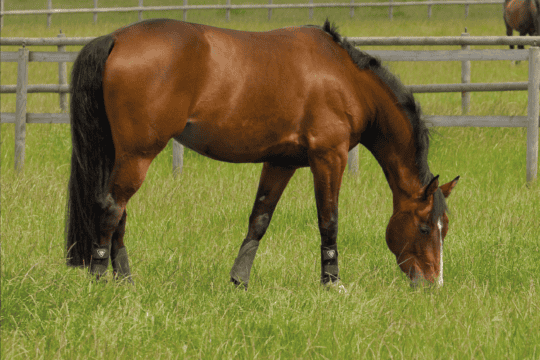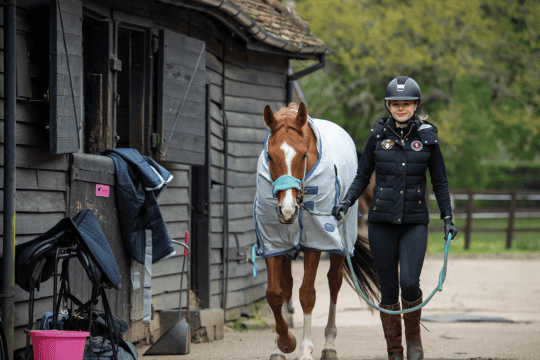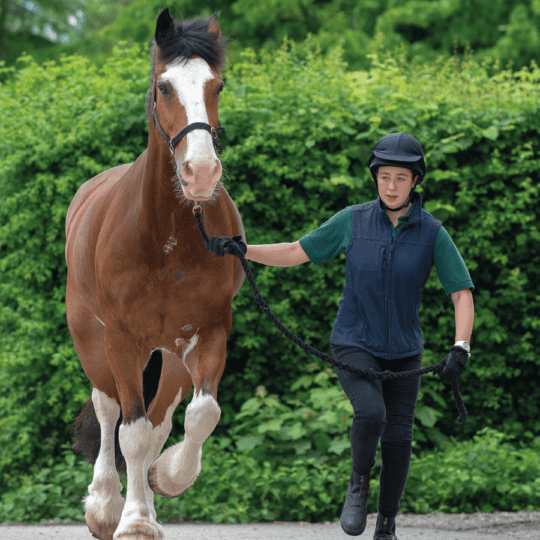Gut feeling
Posted 15th May 2023
Nutritionist Lizzie Drury explains why feeding the right kind of diet is essential for your horse’s gastric health

Every horse owner knows that forage is the most important part of their horse’s diet, so much so that it should be the foundation of any horse’s ration to maintain optimum digestive health. Ensuring that fibre is first and foremost in your horse’s diet helps to reduce the risk of conditions such as gastric ulcers, colic and endotoxemia. It can also discourage the development of stereotypies.
If gut health is to be maintained, forage and fibre must provide the most significant percentage of the energy (calories) and nutrients that your horse is eating. However, despite this awareness, few people have their forage analysed, many do not weigh it before feeding and some don’t realise that the varying quantities of fibre in different forages have implications that can affect gut health and, therefore, the wellbeing and overall performance of their horse.
Simple steps
One of the most well-known consequences of insufficient forage and is the increased risk of equine squamous gastric disease. Correct forage feeding is therefore vital to reducing this risk. There are a few practical management steps that you can take to help maintain gastric and overall gut health…
- Feed ad-lib fibre in small haynets.
- Provide good-quality hay in small meals to increase chewing time and saliva production. This decreases the amount of potentially ulcer-causing gastrin, which can be produced when large haynets are given or through feeding forage of lower quality.
- Adjust haylage quantities by taking into account its water content to ensure the adequate fibre intake required for chewing and subsequent saliva production.
- Adding alfalfa chaff (protein and minerals) to small meals, or feeding it before a meal, aids buffering by encouraging chewing and, therefore, more saliva production.
- Ensure your horse has access to grazing for at least two hours a day.
- Feed forage before feeding concentrates.
Did you know?
Providing a variation in forage and fibre sources, such as feeding high-fibre cubes or chaff, and regular turnout will encourage your horse’s natural browsing and foraging instincts, which are important when it comes to keeping his digestive tract healthy.
TOP TIP
Offering sloppy mashes or soaked feeds encourages higher water intake, particularly during very hot or cold weather.
Find out more ways to keep your horse’s gut healthy in June Horse&Rider – on sale now!











